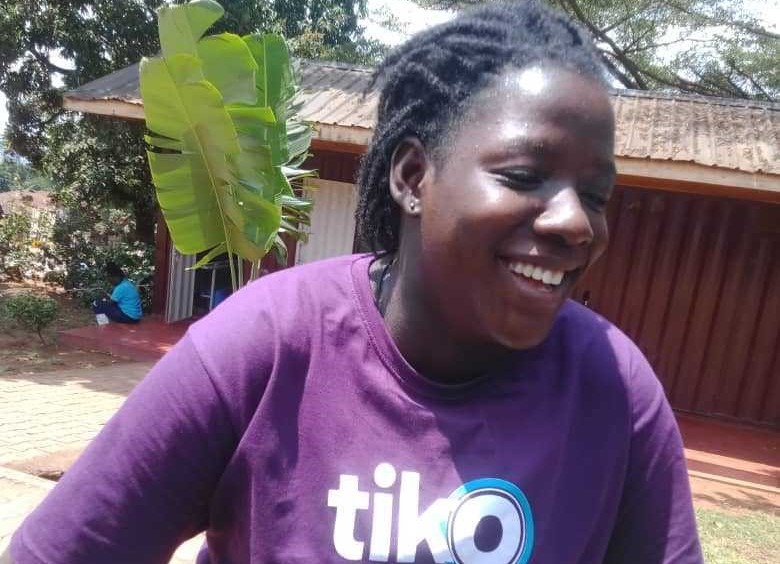Kampala, Uganda – Shakira was born HIV positive, but she didn’t find out about her status until she was 16 years old. Growing up with daily medication, Shakira had always thought she was taking allergy treatment drugs. It wasn’t until she started asking questions that a health counsellor sat her down to share the news and what this meant for her.
When Shakira found out, she fell into depression, feeling isolated and alone. Her mother had been the only person in her family to know, and had kept this secret from them for 16 years. Shakira lives in Kazo on the outskirts of Kampala, Uganda’s capital and largest city. In her community, HIV is heavily stigmatised, and those living with HIV are discriminated against in all aspects of life. Misinformation exacerbates the problem, with some people believing that HIV is an airborne disease. Consequently, the lack of discussion and awareness about prevention measures leads to a high prevalence of HIV and AIDS.
The problem is worse for girls. In Uganda, adolescent girls and young women have an HIV infection rate four times higher than that of boys in the same age group, with girls accounting for two-thirds of all new HIV infections. The country also experiences a high rate of mother to child transmission.
Shakira was so depressed that she dropped out of school. She had made a friend when she was younger who had HIV and sickle-cell and had later died. Shakira was afraid of what life with HIV would mean for her future. The disclosure of her status was having a real impact on her life. Shakira had been denied access to driving lessons at a local organisation offering skills training to young people in the community.
In early 2023, Shakira was approached by a girl named Winnie who lived in her neighbourhood. Winnie works for Tiko, engaging with young people in her community and helping them to learn more about sexual and reproductive health, and the options available to them. Winnie informed Shakira that through enrolling on the Tiko platform, she could access a network of public or private clinics within her community offering free services across HIV treatment and contraception. For the first time, Shakira had someone to speak to about her HIV status that was there to listen without judgement or discrimination.
Shakira enrolled onto the Tiko platform with the help of Winnie and now accesses HIV drugs through a clinic in her neighbourhood. She’s always prioritised at the clinic, which provides youth-friendly services and makes her feel comfortable and safe. Most importantly, Shakira is now part of the Tiko network and has the support of a group of young people in her community who are also HIV positive.
Winnie has been a huge part of her experience, helping her to gain confidence in accessing regular treatment. Shakira now feels empowered with knowledge about the choices available to her, and she’s looking forward to her future. Where initially her status had scared her, Shakira is now confident in knowing more about her body, and no longer feels alone in the challenges she faces.
This story was written by Tiko, with consent from Shakira.

